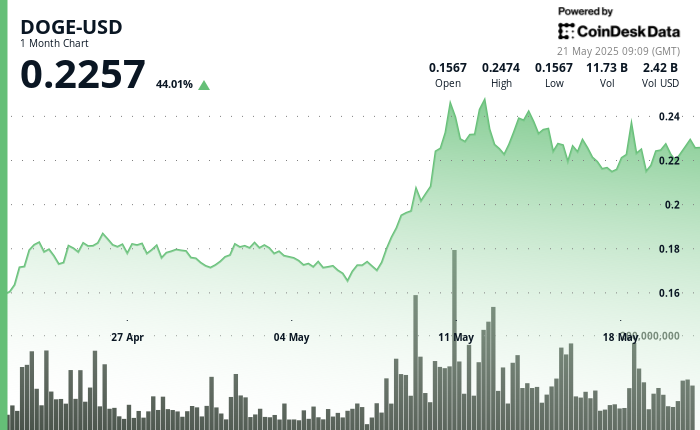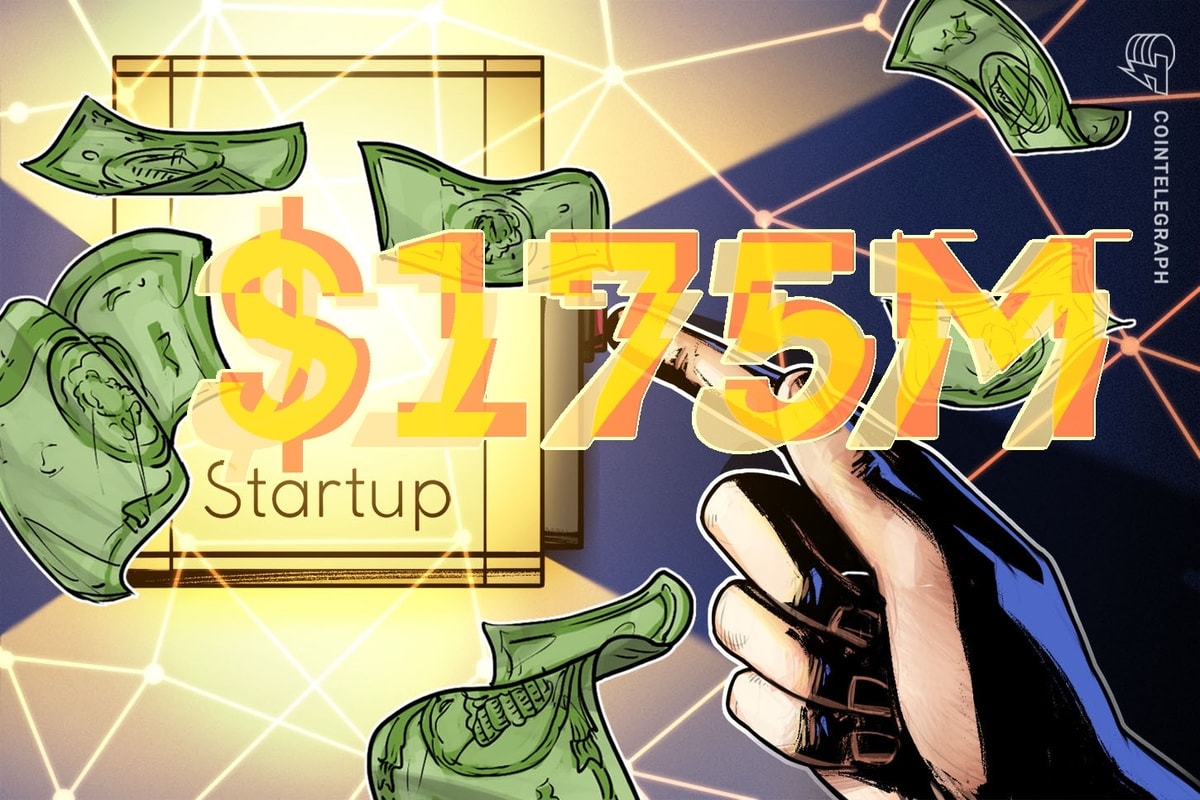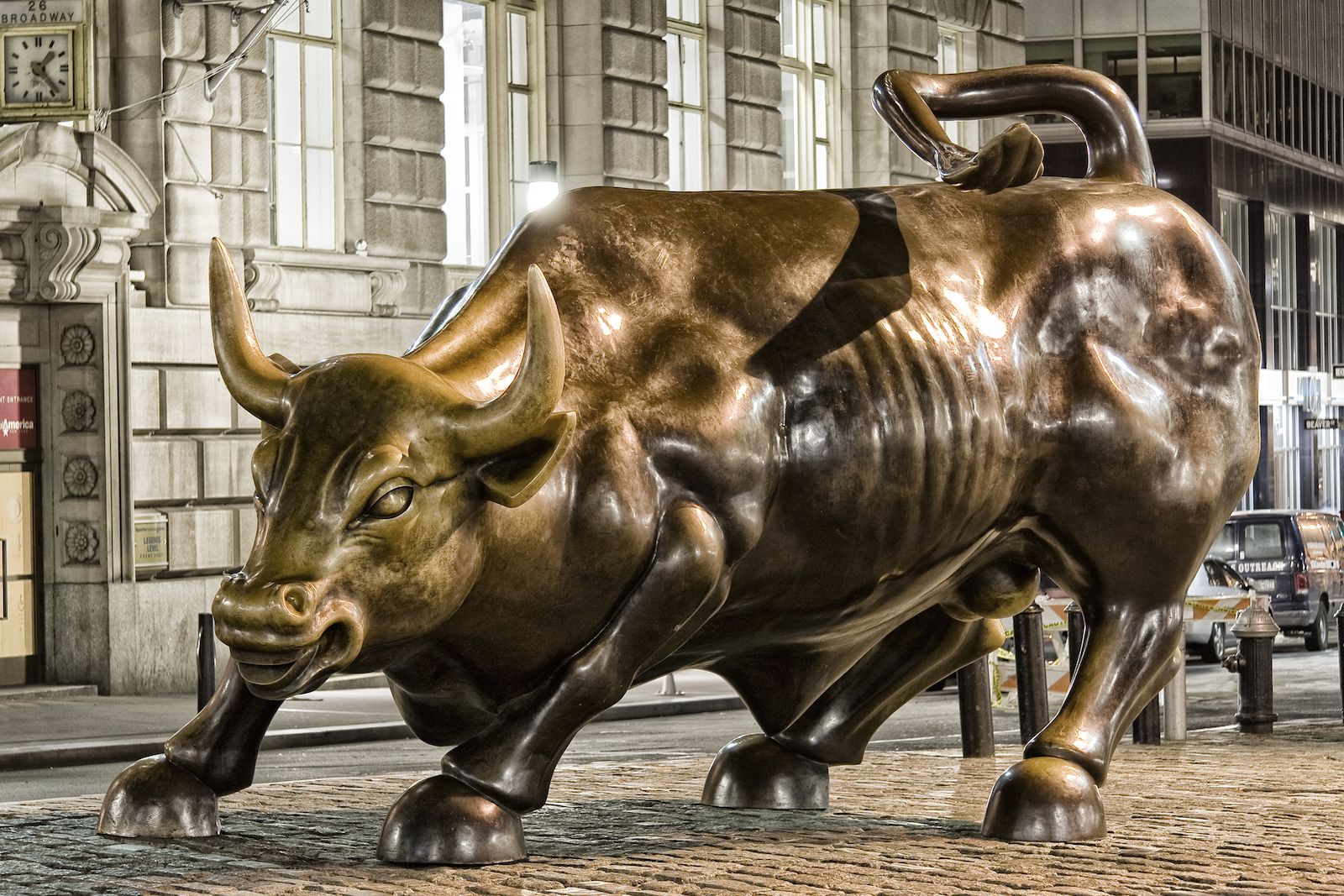
Recently JP Morgan CEO Jamie Dimon again dismissed crypto in a televised interview, calling these “pet rocks.”[1] You might wonder if he has a hidden agenda because years ago, the Bank planned an interbank crypto token called JPM Coin. It was eventually halted, but their internal blockchain group eventually left to set up their own token called Kadena (KDA).
Crypto has had many detractors in recent years, most notably Warren Buffett and Charlie Munger of Berkshire Hathaway. Another thorn on the side of crypto is European Central Bank (ECB) President Christine Lagarde.
Q4 2022 hedge fund letters, conferences and more
Crypto And Blockchain Technology
Frankly speaking, the recent high profile implosions of Terra Luna, Celsius, and most especially FTX/Alameda have soured a lot of people on crypto, not just them. But set aside these failures first, as these are mainly failures of people involved in trading and selling crypto. Pure naked greed. The technology of crypto and blockchain is a separate matter.
Remember that when the banks almost crashed in 2008, we didn’t ask to shutdown the entire global banking system afterwards. In fact we still use it right now. Likewise, while many people lost money during the implosions of these early stage crypto projects, these are just part of the natural selection process of any new industry.
Our inability to rely on human trust was precisely Satoshi Nakamoto’s (a pseudonym) point about “trusted third parties” when he released his Bitcoin white paper in 2009. The spirit of his paper is that you can’t trust the bankers. Open source community reviewed software, where “code is law,” is what blockchain and crypto fans believe the world should be using.
They believe code should replace our trust of traditional finance. As a historical backdrop, many of the key movers in crypto these days were kids whose parents lost their jobs during the 2008 subprime mortgage crisis. They still blame the banks for their dismal childhood. It is this anger which fuels their desire to see crypto and blockchain take over how we do transactions.
That type of attitude threatens Baby Boomers in the establishment like Dimon, Buffett, Munger, and Lagarde.
Shifting From An Analog To A Digital World
Consider that there is another dynamic at play here. Most Boomers and Millennials grew up in an analog world. We listened to music on open reel, 8-track, cassette tapes, or on 45 or LP vinyl. We watched films in theaters, or at home through videotapes and later on CDs and DVDs.
We assigned value to physical analog things, forgetting that the Doobie Brothers sing the same song whether it’s a cassette or a Spotify streaming service. It’s the same Star Wars film you’ll see whether you play it off a DVD or stream it on Netflix. We made calls on rotary dialed analog phones, and kept putting coins on payphones just to avoid getting cut off.
Generation X and Generation Alpha have only lived in a purely digital world. They buy “in-game” digital assets like “skins” when they play games like Valorant or Genshin Impact. They prefer getting money on Venmo, and not dirty old bills. Treasury bonds? They view that as something their parents or their grandparents would invest in. Buy a new car? Some of them living in the big cities will say, why not simply call an Uber.
Think of it this way. A Boomer might feel that a pristine vinyl copy of a Beatles album is worth several thousand dollars. To Gen X or Alpha however, these aren’t worth that much. They’d rather stream the latest Taylor Swift or Coldplay album on demand.
So if Boomers don’t get crypto, it’s partly not their fault. Definitions of what is considered valuable can change over time. Digital assets are valuable to young people who grew up in it, but get dismissed by older generations. It’s as simple as that.
[1] JPMorgan CEO Jamie Dimon Calls Crypto Tokens ‘Pet Rocks’ – Bloomberg
Read More: bitcoinwarrior.net









 Bitcoin
Bitcoin  Ethereum
Ethereum  Tether
Tether  XRP
XRP  Solana
Solana  USDC
USDC  Dogecoin
Dogecoin  Cardano
Cardano  TRON
TRON  Lido Staked Ether
Lido Staked Ether  Wrapped Bitcoin
Wrapped Bitcoin  Sui
Sui  Wrapped stETH
Wrapped stETH  Chainlink
Chainlink  Avalanche
Avalanche  Stellar
Stellar  Hyperliquid
Hyperliquid  Shiba Inu
Shiba Inu  Hedera
Hedera  LEO Token
LEO Token  Bitcoin Cash
Bitcoin Cash  Toncoin
Toncoin  Litecoin
Litecoin  Polkadot
Polkadot  USDS
USDS  WETH
WETH  Monero
Monero  Wrapped eETH
Wrapped eETH  Bitget Token
Bitget Token  Binance Bridged USDT (BNB Smart Chain)
Binance Bridged USDT (BNB Smart Chain)  Pi Network
Pi Network  Pepe
Pepe  Ethena USDe
Ethena USDe  Coinbase Wrapped BTC
Coinbase Wrapped BTC  WhiteBIT Coin
WhiteBIT Coin  Aave
Aave  Uniswap
Uniswap  Dai
Dai  Bittensor
Bittensor  NEAR Protocol
NEAR Protocol  Aptos
Aptos  OKB
OKB  Jito Staked SOL
Jito Staked SOL  Ondo
Ondo  BlackRock USD Institutional Digital Liquidity Fund
BlackRock USD Institutional Digital Liquidity Fund  Tokenize Xchange
Tokenize Xchange  Cronos
Cronos  Official Trump
Official Trump